.webp)
Mansooruddin Faridi / New Delhi
Come Ramazan and Sehri Khans, who are called Masaharatis in the Middleeast and Arab regions come out of the oblivious to perform the onerous duty of waking up Muslims for sehri - the pre-dawn meal- and morning prayers to begin the fasting.
Masaharatis literally means the derveshes who wake up the fasting people in the holy month. In India and the South Asian region, they are called Sehri Khan.
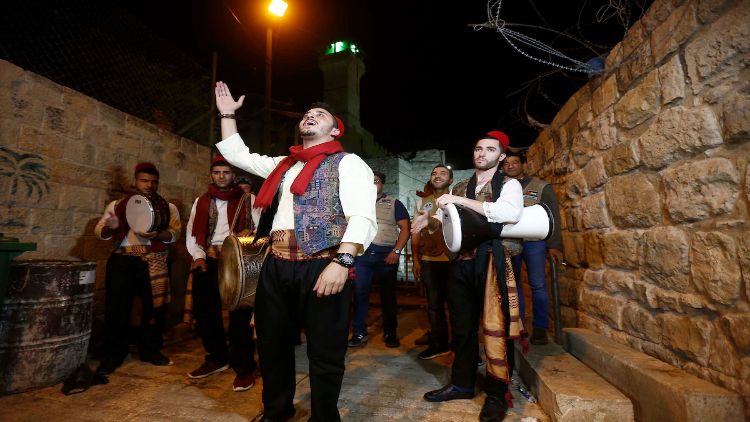
The drummers of Turkey
During Ramazan, Sehri Khans sing local songs to the beat of their drums in thr wee hours to make those observing the fasting get out of their beds and prepare Sehri, the predawn mealDespite mobile alarms seeking to change this traduitions, many old-timers still wait for the call of Sheri Khans to get out of bed. However, it will be an understatement to say that the tradition of Sehri Khan or Masaharathi is not facing challenges from technology.
However, this tradition is given huge importance in the Middle East and in countries like Turkey and Egypt; special arrangements are made for the morning wakeup call during Ramazan.
In the Islamic world, the tradition of waking up the fasting people at dawn has been going on for centuries. After fasting became obligatory in the year 2 AH, people in Madina felt the need to know how to wake up the people before dawn.
Historically, it is known that the first magician was Hazrat Bilal Habashi. Bilal, who was also the first muezzin of Islam, was entrusted with the task of wakening up the Muslims for the dawn prayers. He was the first person to raise the voice of spirituality in the streets of Madina at dawn after the obligation of fasting.
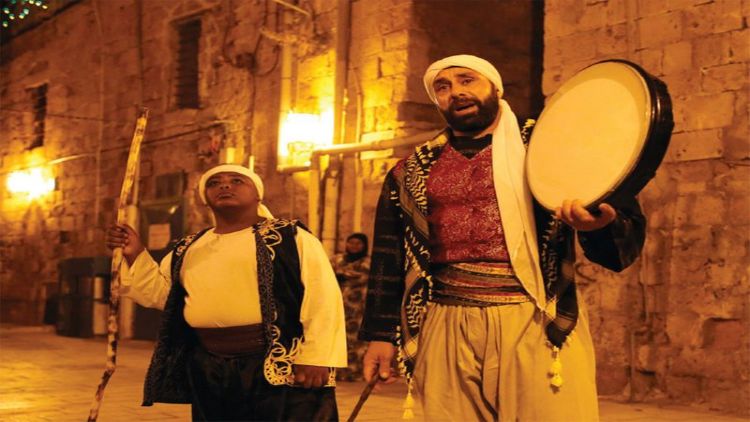
Masharatis waking up people in Madina, saudi Arabia
They used to carry burning sticks while moving around the towns and cities to wake people up for sehri. This method became popular in Madina and with the passage of time and many other people also took to it.
After Madina, the group also used to wake up people in other cities of Arabia. The people started following this tradition and it spread all over the Islamic world. In Makkah,Masaharati is called Zamzami. He picks up a lantern and walks around the city so that if a person does not wake up to the sound, he will wake up to the light.
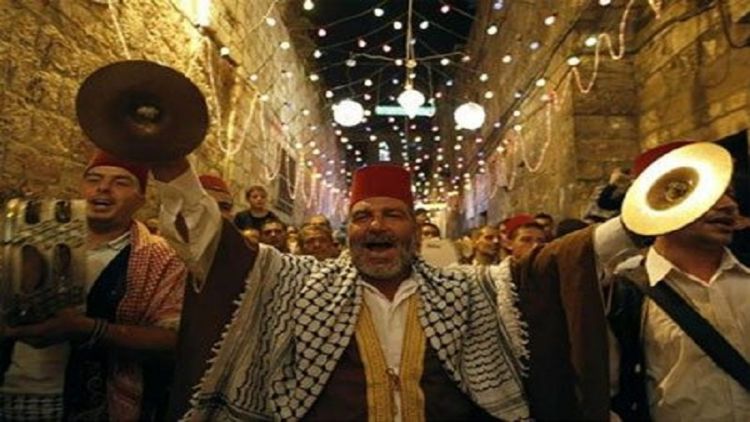
Turkish extravaganza of Music and lights
The Masaharatis wanders the streets of Sudan, accompanied by a child who has a list of all the people he intends to call for at dawn prayers. The duo stands in front of each house and calls out the name of its inmates; then they stand in a street corner and sing the praise of Allah to the beat of a drum. Although these people do not receive a regular salary, at the end of the month of Ramazan, people give them gifts.
In Turkey, the tradition of waking up the fasting Muslims by playing the drums at dawn is still alive and has become part of Turkish culture. As soon as the moon of Ramazan appears, the volunteers, who wake others up by playing the drums, gather in the courtyards of mosques in traditional dress and play drums and tambourines to celebrate the arrival of the holy month.
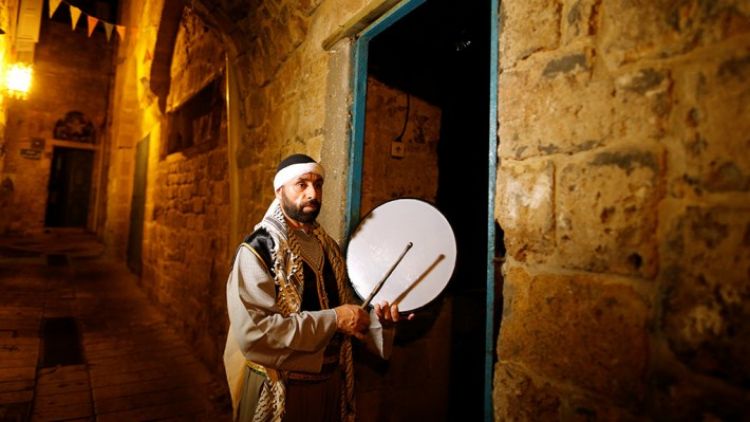
In Arab countries each house is knocked on
This tradition of playing the drums inSehri had come to Turkey in the Ottoman Caliphate era. In present-day modern Turkey, these traditions are being patronized at the official level. As a result, the number of drummers for Sehri is increasing every year. Turkish artists who wake others up in Ramazan do not receive a formal salary or wages, but people are happy to give money as a reward, and they consider it as a ‘gift to seek forgiveness’. At the beginning of Ramazan, Turkish drummers in Ottoman-era costumes can be seen around Istanbul. There are more than 2,000 drummer group that play a role in waking up Muslims at dawn in Turkey.
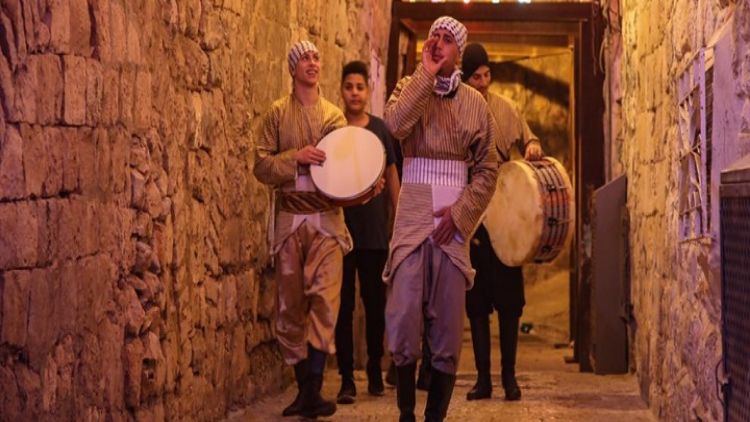
The morning scene in rural Turkey
You may be surprised but it is also a fact that there was a king of Egypt who used to go out at night to wake his subjects for dawn. This ruler is known in history as Utbah Ibn Ishaq. He was the first person to visit the streets of Cairo during the 19th century, waking people up in a poetic way by saying, "Those of you who are sleeping, get up and worship Allah."
ALSO READ: Ramazan 2023: From Sania Mirza to Asim, celebs perform Umrah
Some Shahrabs of India and Pakistan are also familiar with those who wake up in the morning by singing songs and chants. However, their numbers have declined.
